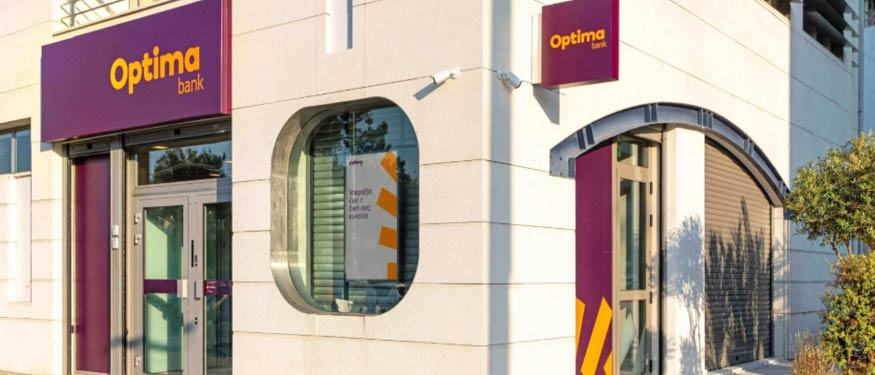The announcements made by the Hungarian Government on 8 July 2024 envisage a number of new and higher payment obligations, as well as other public taxes and restrictions, that will include a defence contribution, increased administrative fines, extra profit tax, changes to social contribution tax on entering the labour market, transaction and currency exchange levies
Defence contribution
In view of the Russian-Ukrainian war, the Hungarian Government has announced an anti-war action plan that imposes new public tax obligations on certain companies. According to the announcement, the Government will require all companies that made extra profits during the war to pay a defence contribution. The new special tax will mainly affect the banking sector, large multinational and energy companies. Details of the defence contribution are not yet public.
Increased administrative fines
As of 1 August 2024, the NCA may impose higher fines on businesses for breaches of competition law. The amount of the fine has increased from thirteen to fifteen percent of a business’ net turnover. This means that the fine can amount to fifteen percent of the net turnover of the business or any group of undertakings of which the fined business is a member in the financial year preceding the decision. The fine imposed on an association of undertakings may not exceed fifteen percent of the net turnover of the its members in the preceding financial year. In the case of an association of undertakings, the financial liability of each association member may not exceed fifteen percent of its net turnover in the financial year preceding the decision.
From 1 August 2024, additional fines will be increased pursuant to Government Decree no. 184/2024 (VII. 8). For example:
- Instead of HUF 50,000, a person performing energy certification activities may be subject to an administrative fine of up to HUF 60,000 if they breach their data provision obligation;
- A fine between HUF 2,000,000 and HUF 10,000,000 may be imposed on the publisher of an advertisement if it violates the provisions related to the protection of the townscape, and a fine of HUF 400,000 (increased from HUF 200,000) may be imposed on a media advertisement sales agent and an advertiser for every illegally placed placard.
Extra profit tax
Concerning the reduction of the extra profit tax payable by credit institutions and financial businesses, the Government has declared that the nominal value of government securities should be taken into account for the increase in the stock of government securities. This eliminates the possibility of swapping shorter-dated government securities for government securities due after January 2027.
Transaction and currency exchange levies
The financial transaction levy paid by banks will also be increased after completed transfers. As of 1 August 2024, the rate of the financial transaction levy will increase from 0.3 percent to 0.45 percent of the base of the financial transaction levy, but will be capped at HUF 20,000 instead of HUF 10,000 per payment. For cash withdrawals from a payment account or cash payments made by means of a cash substitute payment instrument, the financial transaction levy will be based on 0.9% instead of 0.6% of the financial transaction levy.
A currency exchange levy, (i.e., additional financial transaction levy), will also be introduced for so-called conversion transactions involving conversions between different currencies. The rate of the levy will be 0.45 percent, but will not exceed HUF 20,000 per payment.
Beneficiary employment – social contribution tax
As of 1 August 2024, employers can benefit from a social contribution tax credit for employees entering the labour market if the employee has been employed for a maximum of 92 days with social security obligations, or has been self-employed or in a partnership, for 365 days prior to the month in which the beneficiary employment begins, instead of the previous 275 days. The partial benefit is currently 100% of the social contribution tax on the gross wage (up to the minimum wage) for the first 2 years, 50% for the third year and no benefit after the third year. Pursuant to the new provisions, these periods will be reduced to 1 year and 6 months respectively (i.e. the partial benefit will be available for a shorter period for employees entering the labour market).
By Janos Toth, Partner, and Timea Csajagi, Bence Kalman and Dorottya Mercsek, Associates, Wolf Theiss
















